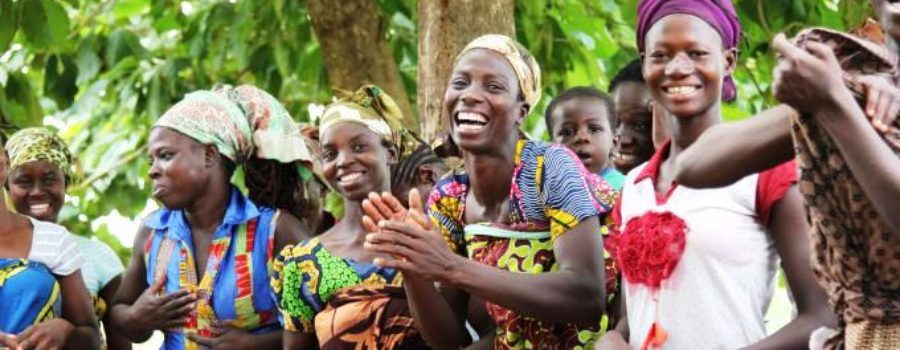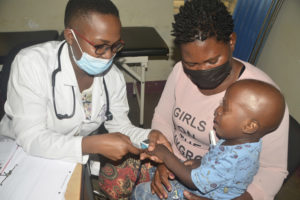Working in a place that has a different culture than my own is fascinating. My views of the differences between the way Malawians and Americans approach daily life and each other has evolved over the last 13 years I’ve been working here. To me, one of the worst things foreigners do when arriving to a new location is to judge. Customs and conventions that appear, at first, to be silly or a waste of time become understandable given knowledge and experience. No one culture is better than another. We are different and our actions, motivations and worldview are all derived from the context in which we are raised and live.
No one culture is superior to another. We’re only different. I encourage us all to acknowledge and appreciate the variations, embracing them if that makes sense for you.
Malawi is known in the tourist world as The Warm Heart of Africa. There’s a reason behind this. People are, in general, extremely polite. They are curious, especially about foreigners. I make no illusion that as a white person I have a different status than many Malawians and am likely subject to more curiosity than most.
When I first came here in 2007, I was both astonished and annoyed at the ritual that takes place when two people who may or may not be acquainted greet one another. From the outside, it is a short, stereotyped script, the Chichewa equivalent of, “Hello. How are you?” “I am fine. How are you?” “I am fine.” No matter how dire life really is, when people first communicate, everything is fine. Of course, after this exchange the real conversation begins. People inquire about each other’s families, compare their maize crops, talk about their jobs, or dozens of other topics.
When I first encountered this I thought, “How crazy. They aren’t even saying how they really feel. It’s inefficient and a complete waste of time.” To be honest, though, at least they are saying something to one another. To most Americans, greetings like this are only shared with those we know closely. When I pass someone I only vaguely know on the street in Washington DC, I may wave, say “hi”, or even vaguely ask how they are, but I would less often enter into a conversation about the details of their lives. The threshold for friendliness seems lower here, compared to the USA.
This carries over to the professional world. The I’m-not-really-as-friendly-as-you-are part of being an American in Malawi showed up early on. When a Malawian enters a room where others are holding a professional discussion, the discussion will briefly stop. The new arrival systematically greets every person in the room. Every single one. But if an American enters a room in a similar professional circumstance, the newcomer’s greeting is more universal, perhaps a “Hi” to the entire group or nothing at all. More strangely, if the American visitor enters the room knowing someone already there, they will greet only that person, ignoring everyone else verbally and visually. After being here for several weeks, when I see this, this behavior looks rude, semi-insulting, and unfriendly. Americans may be more efficient, but Malawians are nicer on the journey.
No one culture is superior to another. We’re only different. I encourage us all to acknowledge and appreciate the variations, embracing them if that makes sense for you. Imitation is the greatest form of flattery and makes us all better world citizens.






